|
| To say that designating groups by color is what prevents us from becoming a racially equal society is misguided - to put it nicely. To be blunt, it is exactly the reaction one would expect from white people who are upholding systemic racism as artists, illustrators, and unfortunately, as instructors, such as the woman I've interrupted above. |
The idea of a color blind society, while well intentioned, leaves people without the language to discuss race and examine their own bias. |
I will not be undertaking this journey in a void. Before I even commented on the post above, I armed myself by doing research on my opinions. Yes, I know and understand colorblindness is ill-intentioned, but what can I say that might possibly resonate? And I'll be clear here, the words that I used were not my own, and I did not give credit. So, let me give credit where credit is due - thank you Samantha Vincenty (and whomever her research led her to) and Oprah Magazine for the words to help me on my journey. Eventually, I'll be able to tackle these situations using the new language I continue to learn from such encounters.
Colorblindness denies the lived experiences of other people. |
The persistence of racial disparities in education, health, wealth, poverty, and incarceration supports the notion that we live in racially hierarchical society, which affords unearned benefits to White Americans and unfairly burdens people of color. The very existence of these disparities challenges claims that race does not matter in U.S. society. Read More...
All quotes from Samantha Vincenty article, 'Being Colorblind doesn't make you not racist - In fact, it can mean the opposite' from Oprah Magazine, published on June 12, 2020.
The opportunities? Well, I think Stacey Abrams and Georgia have shown us that opportunities exist by taking back the Senate in a primarily red state by predominately black democratic voters.
What does this have to do with small businesses? Everything.
Take an hour to learn more about the business owners who are working to survive during this pandemic, and the storied history we are currently a part of. And if you are able to - support them, talk about them on your social channels, buy from them, and give back to the small businesses that make your community unique.
As communication leaders, we play a critical role in helping our communities navigate this time — from staying connected, to communicating during crises, to serving those in need.
With this in mind, we invited small business owners across different industries to join our panel discussion to share what challenges they’ve faced and how they’ve solved them. We’ll further discuss what opportunities these small businesses have seen or they can seize. In this session, Comm Lead consultancy will also prepare some tips and suggestions for you as takeaways to put into practice.
Our panelists:
- Efrem Fesaha from Boon Boona Coffee
- Linda Fang from Banyan Legal Counsel
- Jake Prendez from Nepantla Cultural Arts Gallery
- Jennifer Wong from JLW Health Consulting
Susan is the Creative Director at Communication Leadership Consulting, working with clients on content strategy, remote collaboration tools, and digital communication. She oversees the creative direction of the consultancy, organizes and provides support for the volunteer program, and helps facilitate team workflow. She owns Susan with Camera, a creative consulting business that provides content strategy, guidance, and communication support to small businesses and nonprofits, with a particular goal of working to empower women in business startup and success. She is a graduate student in the Communication Leadership Program.
I'm a kid from LA. I had big dreams as a 9th grader to become a clinical psychologist, which happened through a healthy dose of counseling as a preteen and a teenager. I went on this journey to be a clinical psychologist, and along the way I realized, ‘I don’t want to be a clinical psychologist. What am I doing?’
What I found that I loved was looking at systems and how things move: the built environment, or systems of care in general, a hospital system or rehabilitation system, and how we could better support people's healthy behavior. Specifically, I focused on the intersection of people with physical disabilities, cognitive disabilities, and aging.
For the first time in the history of humanity, we have this whole new cohort of people who are surviving spinal cord injuries, strokes, and heart attacks with differences in physical and cognitive impairments. It is both a beautiful and a complicated thing.
That brought me to where I am now, which is, ‘How do I continue this work without the boundaries and constraints of academia? How do I immerse myself fully in supportive policy to make lasting change? How do I create change for the better in a way that is reactive and meets the moment and is not bound by grants, or research, or other kinds of mundane tasks that academia can often put on me?’
That's a really great question. I currently work for foundations that are supporting the policy work happening in California. They are committed to helping California create a 10-year master plan for aging. The foundations realized that they could only do so much, so they decided to band together and support consultants to help California prepare.
Our older adults are going to be outnumbering young adults. We know we don't have the policy and regulations for them, we know we don't have the workforce for them, we know now, with Covid-19, that we have nothing for them. How do we do that?
That is how I found the need to create my business, to pivot to going out on my own. What is unique about me is having a research and academic background that is not common in policy. I can talk to researchers, statisticians, and local governments that have this data and can be both a translator into the policy as well as ask for numbers when things don’t add up.
The most important thing for me is to just be honest about what I can provide, about my expertise, about whether this is a good fit, and just hope for the best.
Mostly, when it comes to choosing a consultant, it’s ‘Who do you want to spend time with?’ It's like picking a vice president. Who do you want in the Oval Office with you at the end of the day? Who do you want on the phone with you at 10 o'clock at night when your house is burning down? Who do you want riding shotgun with your team when you don't have time?
For a lot of folks, it really comes down to personality and how much you are listening to the needs of the project, of the organization, and trying to match that up. I will say that there's a lot of companies or opportunities that I know might not be a great fit for me, so I try to be really upfront with that.
How would you define success based on your experiences?
Part of the problem and opportunity of being a young person is how everything feels like it's a process. Success is a building block, and doesn't always come from checking off a box.
A lot of times success comes from failure, and then the opportunity to create a better, more sustainable system, or opportunity. It’s not only how do you define success, but how do you hold it up as success to your clients, that this skill is something that I am a master of.
What would you say are the three top skills that you think it takes to be a successful entrepreneur?
I think to be successful, one of the things that comes to mind on the business side is, ‘Are you checking all your boxes?’ Are you paying your bills? Do you have a license in the state that you need? Are you paying your taxes on time? I don't think people understand how important taxes, invoicing, and accounting for your time are. You need to be an expert in things that you never thought you needed to be an expert in to run a business, and I find that has been the biggest hurdle for me. That’s the down and dirty of the things you wish you knew.
With that comes number two, which is knowing when to outsource. I should never prepare my own taxes, ever. There's no world in which I am qualified for that. It's okay, I have lots of other skills, but that is not one of them. Thankfully, I work with a very skilled person who can do that.
Third, you need to be knowledgeable and distinguish yourself from others. You need to have a good reputation. You need to be able to rely on your clients, your colleagues, and your friends to be good references and to say nice things about you, to believe in what you're doing so that you can rely on them.
There is a huge digital divide in the nation. The internet is not just how we communicate, right? The internet is information. It's tele-health. It's how we order our groceries. It's how we order books, whether we're borrowing or buying or downloading to listen. It is how we stay connected with our family and friends. It's how we do these interviews. It is literally everything.
It is imperative that we invest in diverse communities and communities who are not generally connected to the Internet, to have the Internet if they want it. The big push now is to think of broadband as essential, just like heat and water. We need to continue to invest in that.
We need things to be fully accessible. We need people who have low vision and low hearing to be able to access the internet. We need to reach diverse communities, expand language capacity, and find and create solutions for those most vulnerable. There are so many ways we can create opportunities for communication, safety, and collective public health.
What have been some of your experiences as a woman in business?
It is very tricky to be the younger generation of policy and research coming into this field, and to be considered a “young female.” One of my close colleagues told me basically, right now, you are the shiny new thing, so take advantage of that. You are young, bright eyed, and bushy tailed. That is also what is going to hold you back. What ends up happening is somehow at 40 you are too old, and your experience still doesn't help. It’s constantly this issue of living in your youth, and also preparing for that to leave you.
Choosing clients has been really interesting, just as a female and the things that define us. I have two older parents who are in their early seventies, and they've got pre-existing health conditions, and I stay on the West Coast for them. I cannot tell you how many opportunities are presented to me on the East Coast that I have to say no to. I am basically being told that I'm ruining my career. So being the eldest child, wanting to be close to my parents, wanting to be a successful member of my family, and doing all of those things, are also ways that I'm ruining my career. It is very complicated, but I just keep moving.
Edited for clarity and length.
What’s more, firms owned by women of color account for 50 percent of all women-owned businesses. An estimated 6.4 million women of color-owned businesses employ nearly 2.4 million people and generate $422.5 billion in revenue.
With the continuation of COVID-19, women-owned businesses have been disproportionately hit, and a quarter of these businesses have had to close. There are real challenges facing women business owners, and as communication leaders, it is our responsibility to advocate, build, strengthen, and serve our community, while supporting them through times of transformation.
At Communication Leadership Consulting, a majority of our clients have been women-led non-profits, women-owned small businesses, and women communication leaders. In fact, out of 82 clients, we’ve served only 13 non-profits or small businesses with men at the helm.
It is with this in mind that we ask you to learn about and support these women-owned businesses who make a difference to our economy, but are being inordinately affected by the systemic discrimination, health, and economic crisis in our midst.
Join us as we feature interviews with women business owners, non-profit directors, and communication leaders who are working to overcome these challenges every day.
Click here for more information about our services.
Click here to volunteer for Communication Leadership Consulting.
As a small business consultant, I’ve been getting questions about what tools I suggest for easing into an online existence. I decided to put together a few free resources to get you over the technology hurdle of engaging with your clients, staying connected to your income, and most of all, keeping your sanity intact.
Free Meeting Scheduler
The easiest way to set up free online scheduling on your website is with Setmore. I like it because it integrates with all of the platforms I use the most: Facebook, Instagram, Slack, Google Calendar, Office 365, Weebly, and Square.
Setmore has a clean, easy design. It provides auto-notifications and reminders, which means I never miss a meeting. Clients and customers are able to reschedule if necessary, so they never miss a meeting. It also allows you to collect payments upfront, which can bring important revenue to your business.
If you use a Facebook Business Page as your website, you can use the free appointment scheduler they offer. Check here for the handy guide on getting it set up on your Facebook Business Page today.
Zoom In
Participants can choose to call in or use the video chat function instantly, or at a scheduled meetup time. It allows each participant to share their desktop, application, or screen. It also has a texting function if you need to mention things without interrupting the speaker.
Zoom also allows you to schedule a meeting directly from Google Calendar or Office 365. Once you sign up for Zoom, download the extension you need and you’ll be ready to face to face, or face to ear, right from your calendar.
Track Your Time
A great free service for tracking time is Toggl. Toggl has a clean, easy to use interface that is multi-functional. You can set billable rates and track in real-time, manually, or with calendar integrations. You can start the timer on your phone while on a walk, and then turn it off on your desktop when you get home. Toggl allows you to create instant reports for your time - perfect for attaching to those client invoices or to make your boss happy.
In this time of global pandemic weirdness, it turns out technology may be a bit of a savior. Working remotely shouldn’t be a scary endeavor for you, for your business, or for your client base. These free services are just a few of the many available, but they are little life-lines for me, and for my mental health.
Since 1976, the year I was born, the number of women-owned businesses has increased from roughly 400,000 to over 12.3 million in 2018. Between 2017 and 2018, roughly 1,821 new women-owned businesses were created per day.
In The Fearless Organization: Creating Psychological Safety in the Workplace for Learning, Innovation, and Growth, author Amy Edmondson explores businesses that create environments where creativity and ingenuity can thrive. Edmondson dives deep into work culture where fear is driven out and replaced by interpersonal risk taking, open communication, and the permission to take ownership of the work we do.
Taking ownership was precisely the reason I started my small business. After years of working for others, I felt a strong desire to create a work situation where I could be fully present, engaged, and candid with clients who sought out my skills and expertise. It is important that my input is valued, and that I create authentic working relationships with people who recognize the importance of voicing ideas, questions, and concerns.
Women face many challenges in a typical work environment. We are often tasked with work chores such as coffee fetching, note taking, or cleaning. Our voices go unheard, our ideas get co-opted, and we are routinely passed over for promotions and leadership positions. It is not uncommon to feel uncomfortable or under-appreciated for the values we bring.
Starting a small business allows women to develop a leadership identity which can help foster a dedicated sense of purpose. It requires that you look outside of the status quo to find an opportunity that aligns with your personal values, and pursue it despite your fears and insecurities. It enables women to set their own schedules, to be paid fairly and equitably, and to be in control of choosing who they work with, and for how long.
Being fearless is at the core of small business ownership. It requires a certain amount of risk taking, learning on the fly, and direct communication to navigate the world on our own. Most importantly, we get to create a trusting environment that brings out the best in each person, creates meaningful exchanges, and allows us to take pride in the work we do. Who wouldn’t want that?
Cited:
The 2018 State of Women Owned Businesses Report, American Express.
https://about.americanexpress.com/files/doc_library/file/2018-state-of-women-owned-businesses-report.pdf
Edmondson, Amy C. The Fearless Organization: Creating Psychological Safety in the Workplace for Learning, Innovation, and Growth. Hoboken, NJ: John Wiley & Sons, 2018.
Author
Musings on business, womanhood, consulting, and things I find interesting.
Archives
October 2022
May 2022
January 2021
October 2020
June 2020
May 2020
April 2020
March 2020
January 2020
December 2019
September 2019
August 2019
August 2018
July 2018
May 2018
April 2018
Categories
All
Art
Artists I Admire
Business Strategy
Cai Guo-Qiang
Climate Change
Color
Communication
Covid 19
Covid-19
Design
Design Thinking
Environment
Fire
Handmade Cards
Interviews
Joan Miro
John Baldessari
Leadership
Nonprofit
Pacific Northwest
Photography Show
Polaroid
Polaroid Land Camera
Push.Pull Photography Collective
Small Business
Square Framed Prints
Technology
User Experience
Women In Business
Women Owned
Women Who Lead
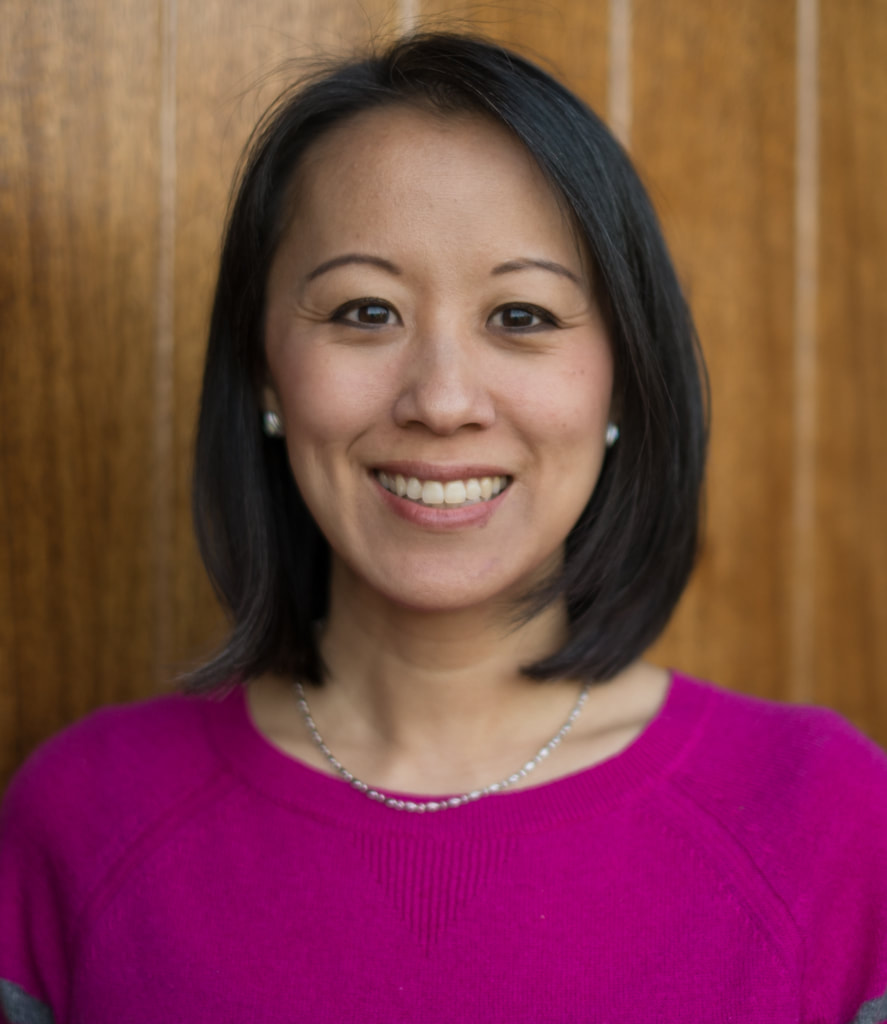
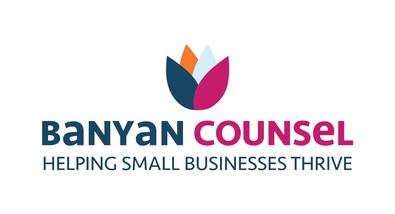
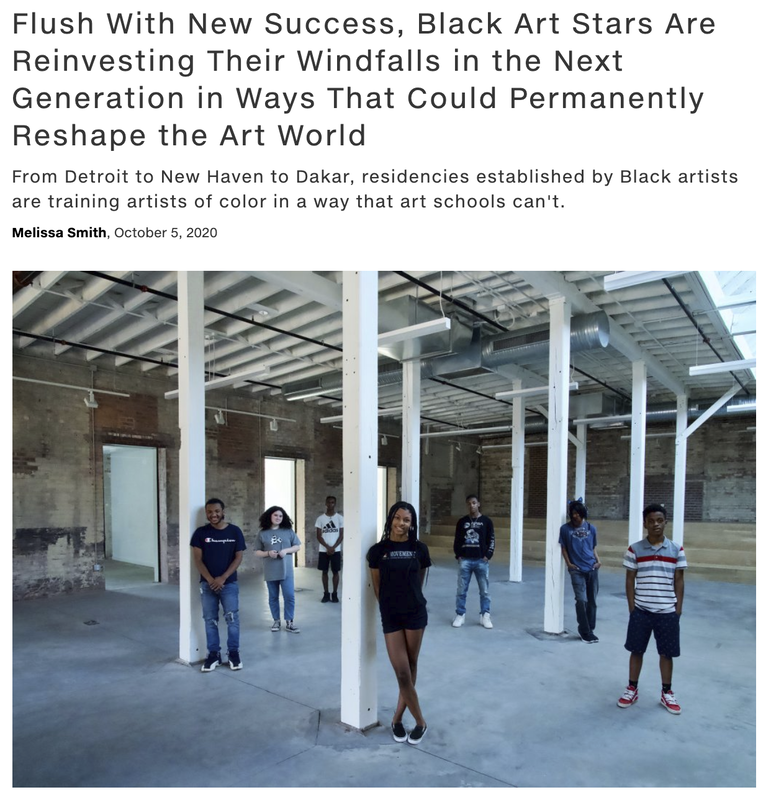
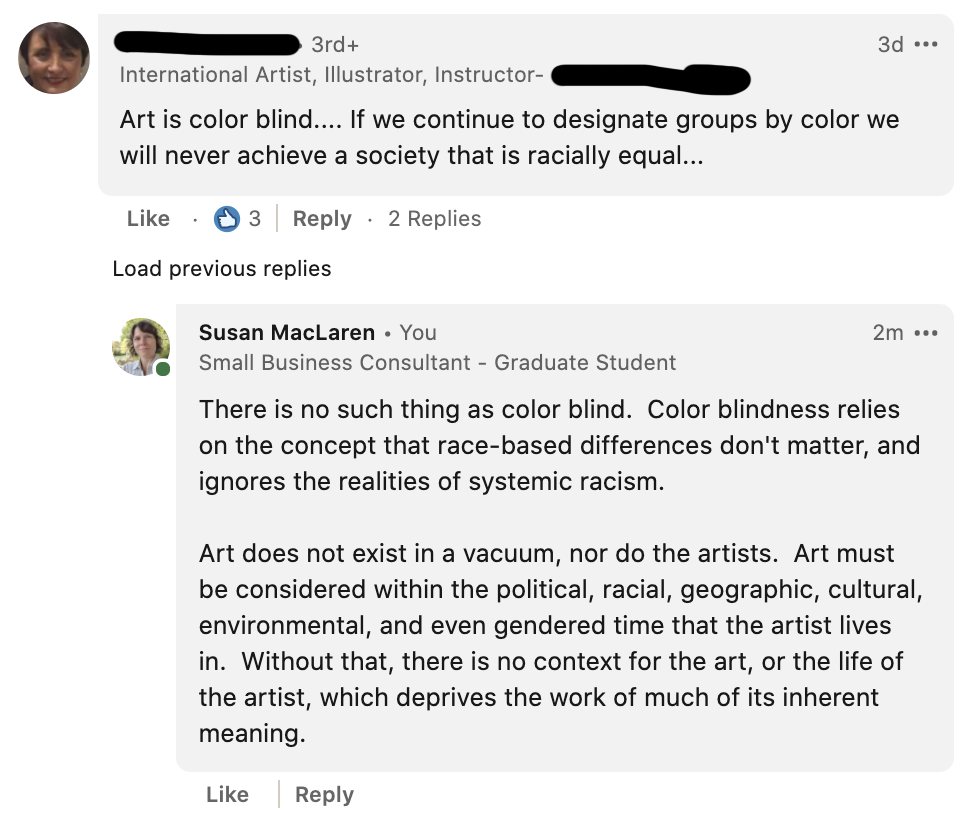
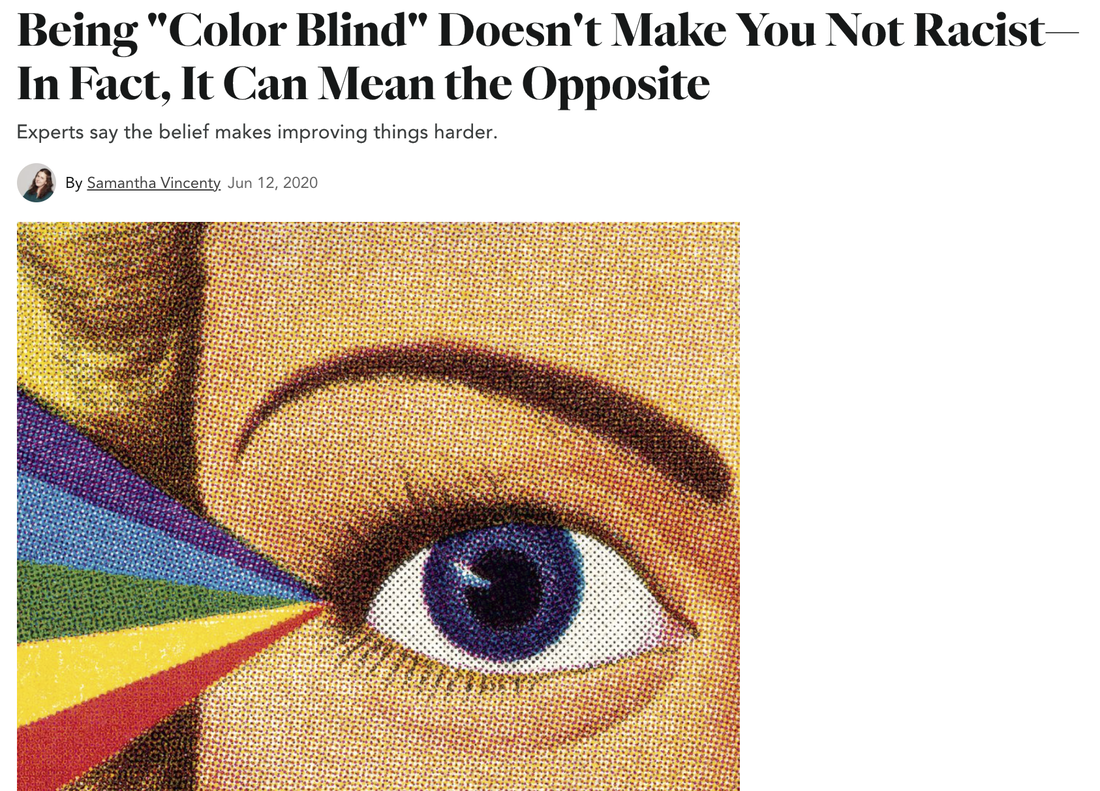
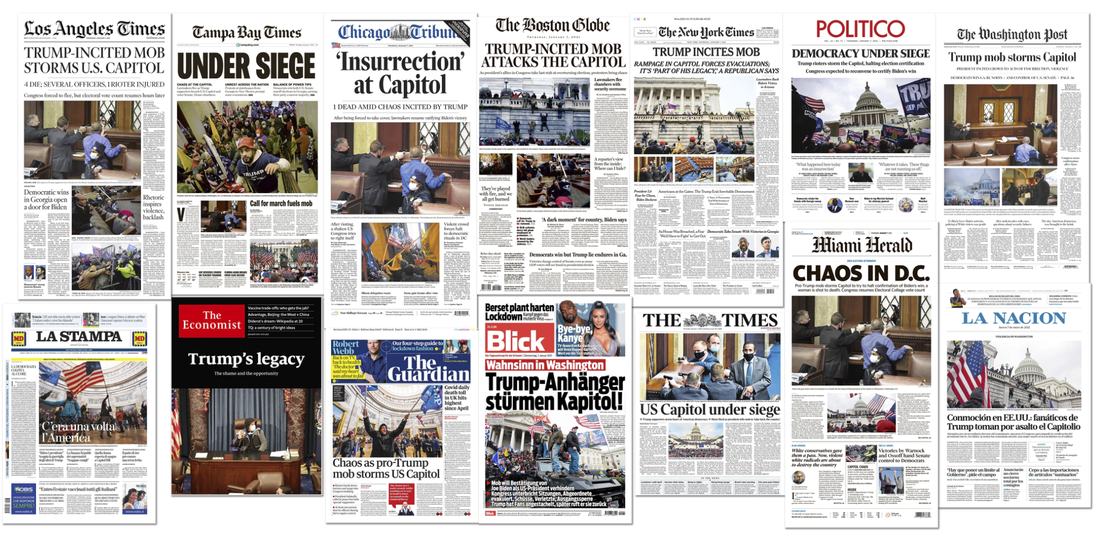
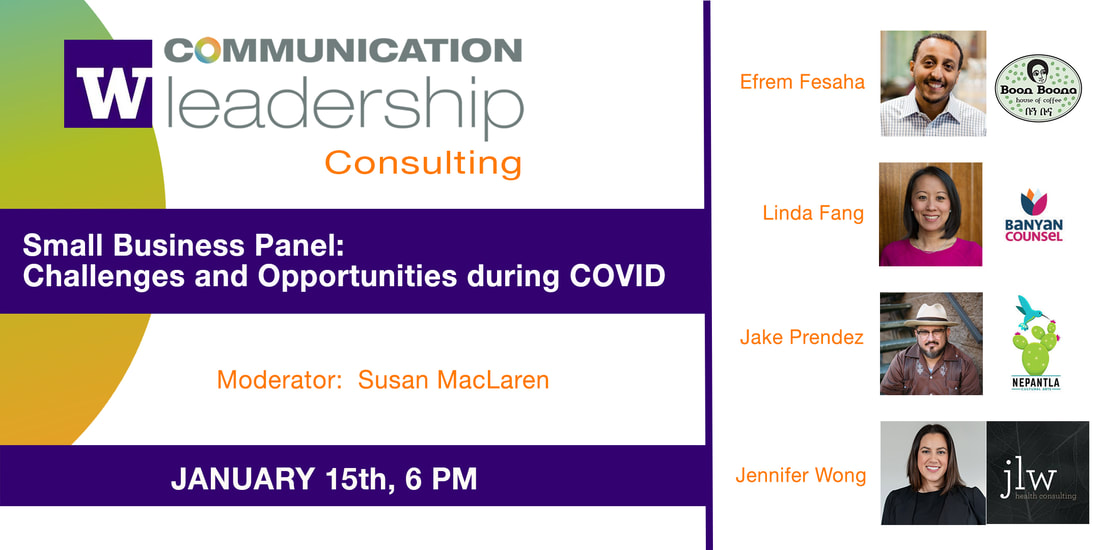
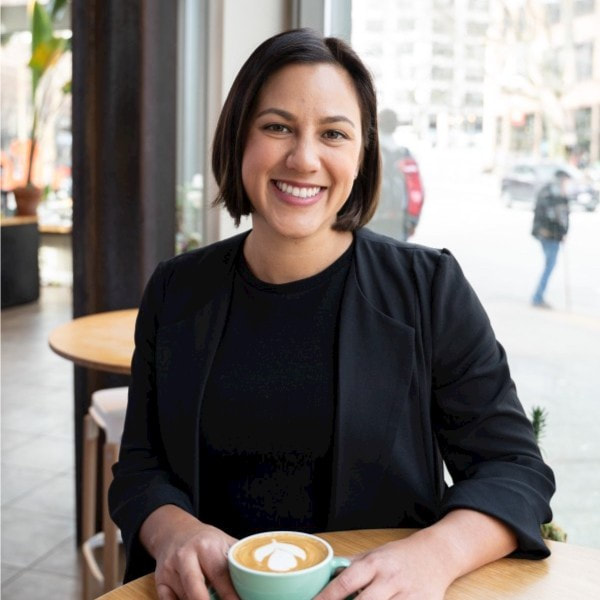
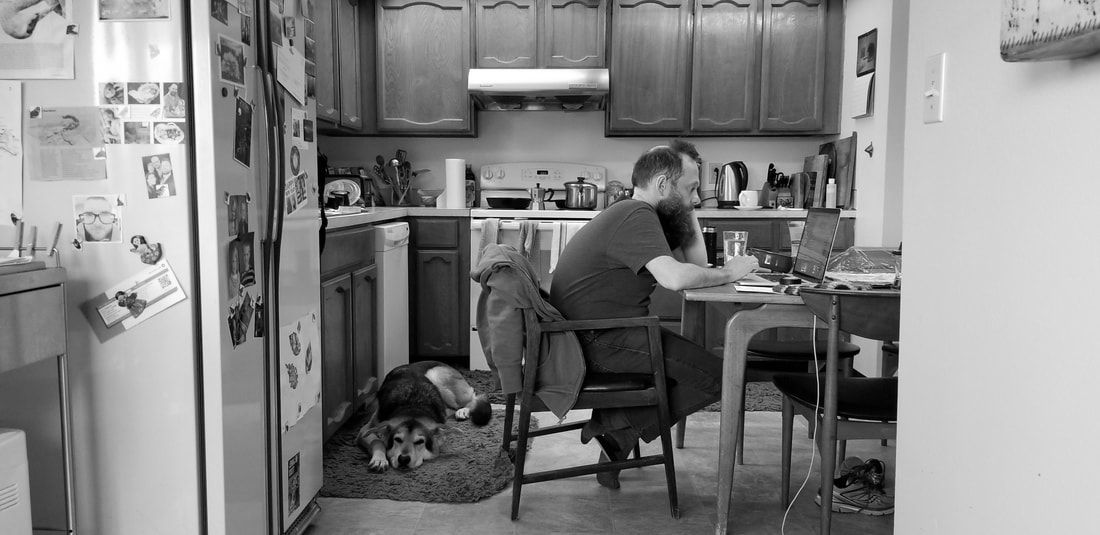
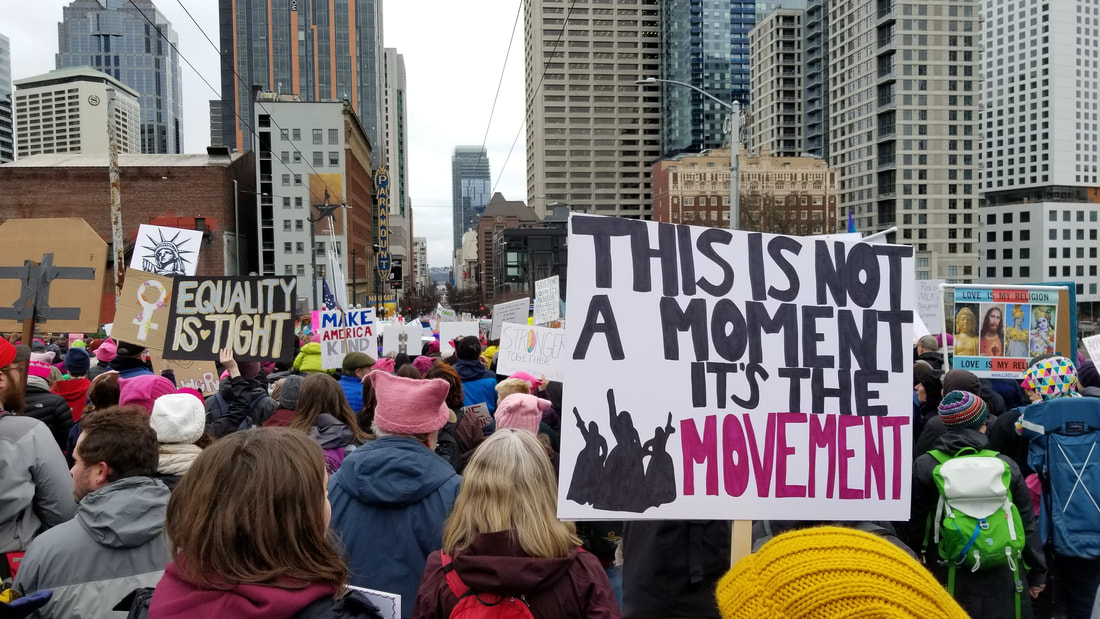
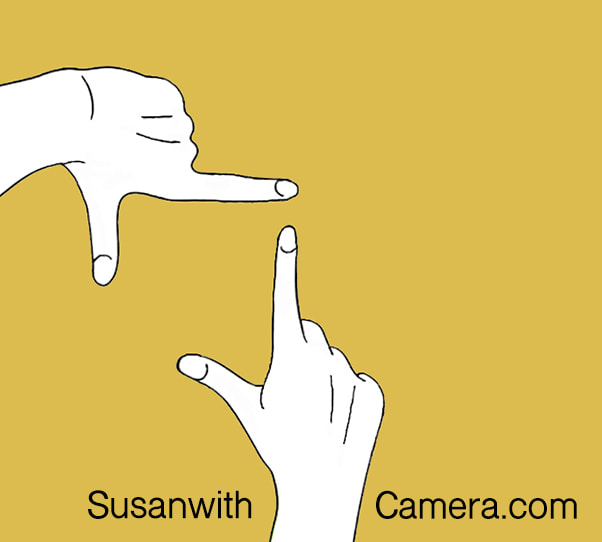
 RSS Feed
RSS Feed